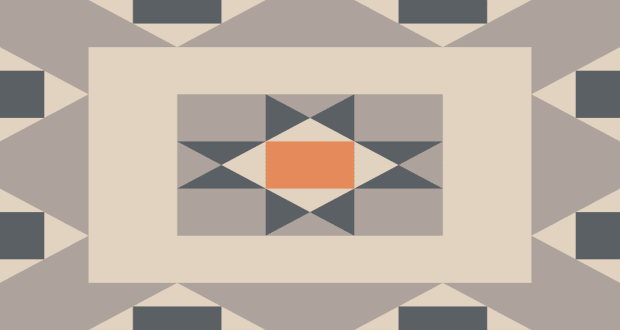It’s the not knowing that’s the hardest thing, Laura Poitras tells me. Not knowing whether I’m in a private place or not.
Not knowing if someone’s watching or not. Though she’s under surveillance, she knows that. It makes working as a journalist hard but not impossible
. It’s on a personal level that it’s harder to process. I try not to let it get inside my head, but… I still am not sure that my home is private. And if I really want to make sure I’m having a private conversation or something, I’ll go outside.
Poitras’s documentary about Edward Snowden, Citizenfour, has just been released in cinemas. She was, for a time, the only person in the world who was in contact with Snowden, the only one who knew of his existence. Before she got Glenn Greenwald and the Guardian on board, it was just her — talking, electronically, to the man she knew only as Citizenfour
. Even months on, when I ask her if the memory of that time lives with her still, she hesitates and takes a deep breath: It was really very scary for a number of months. I was very aware that the risks were really high and that something bad could happen. I had this kind of responsibility to not fuck up, in terms of source protection, communication, security and all those things, I really had to be super careful in all sorts of ways.
Bad, not just for Snowden, I say? Not just for him,
she agrees. We’re having this conversation in Berlin, her adopted city, where she’d moved to make a film about surveillance before she’d ever even made contact with Snowden. Because, in 2006, after making two films about the US war on terror, she found herself on a watch list
. Every time she entered the US — and I travel a lot
— she would be questioned. It got to the point where my plane would land and they would do what’s called a hard stand, where they dispatch agents to the plane and make everyone show their passport and then I would be escorted to a room where they would question me and often times take all my electronics, my notes, my credit cards, my computer, my camera, all that stuff.
She needed somewhere else to go, somewhere she hoped would be a safe haven. And that somewhere was Berlin.
What’s remarkable is that my conversation with Poitras will be the first of a whole series of conversations I have with people in Berlin who either are under surveillance, or have been under surveillance, or who campaign against it, or are part of the German government’s inquiry into it, or who work to create technology to counter it. Poitras’s experience of understanding the sensation of what it’s like to know you’re being watched, or not to know but feel a prickle on the back of your neck and suspect you might be, is far from unique, it turns out. But then, perhaps more than any other city on earth, Berlin has a radar for surveillance and the dark places it can lead to.
There is just a very real historical awareness of how information can be used against people in really dangerous ways here,
Poitras says. There is a sensitivity to it which just doesn’t exist elsewhere. And not just because of the Stasi, the former East German secret police, but also the Nazi era. There’s a book Jake Appelbaum talks a lot about that’s called IBM and the Holocaust and it details how the Nazis used punch-cards to systemise the death camps. We’re not talking about that happening with the NSA [the US National Security Agency], but it shows how this information can be used against populations and how it poses such a danger.
— via redwolf.newsvine.com














 RSS – Posts
RSS – Posts